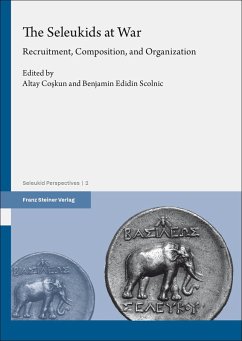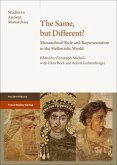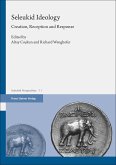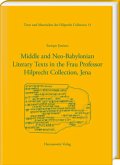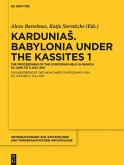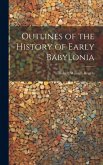The largest kingdom to emerge from the conquests of Alexander the Great was founded by Seleukos I Nikator (the 'Conqueror'). His successors strove to defend the territories ranging from western Asia Minor to Arachosia in the east. The Syrian core transformed into a new Macedon, hosting myriads of veterans whose offspring became the next generations' phalangites. Babylonia added wealth and soldiers, Media provided cavalry. At the height of the kingdom's might, Antiochos III Megas was repelled from Greece by the Romans and lost Asia Minor at the Battle of Magnesia (190 BCE). The realm recovered and Antiochos IV nearly conquered Egypt before withdrawing at the behest of the Romans. His undiminished army was ostentatiously paraded at Daphne by Antioch on the Orontes (166 BCE).
The narratives around key events are the prime sources for systematic inquiries into the sophisticated war machinery of the Seleukids, complemented by Greek and Akkadian inscriptions that attest to garrisons and settled veterans. The authors engage diverse sources and the latest scholarship to explain the tactics, manpower, and strategy of Seleukid warfare.
The narratives around key events are the prime sources for systematic inquiries into the sophisticated war machinery of the Seleukids, complemented by Greek and Akkadian inscriptions that attest to garrisons and settled veterans. The authors engage diverse sources and the latest scholarship to explain the tactics, manpower, and strategy of Seleukid warfare.

